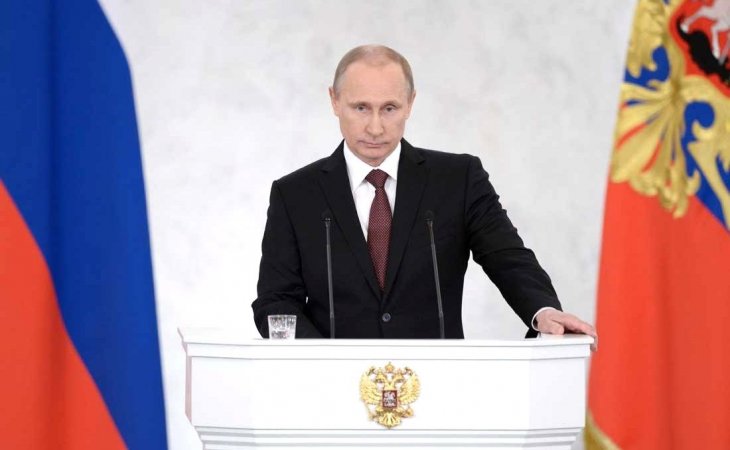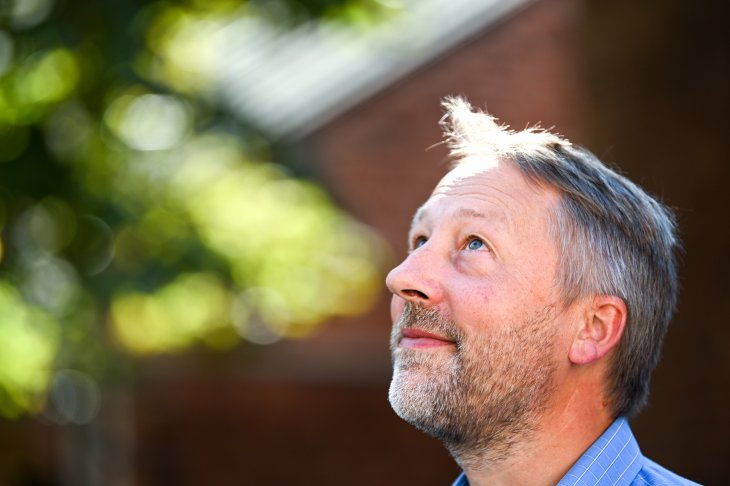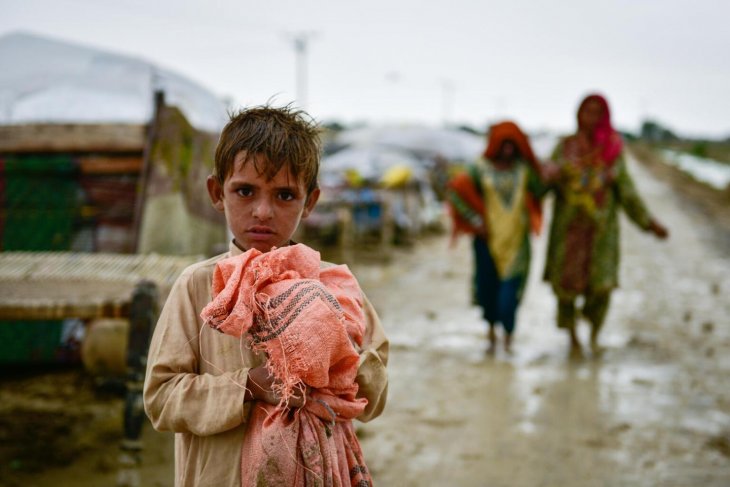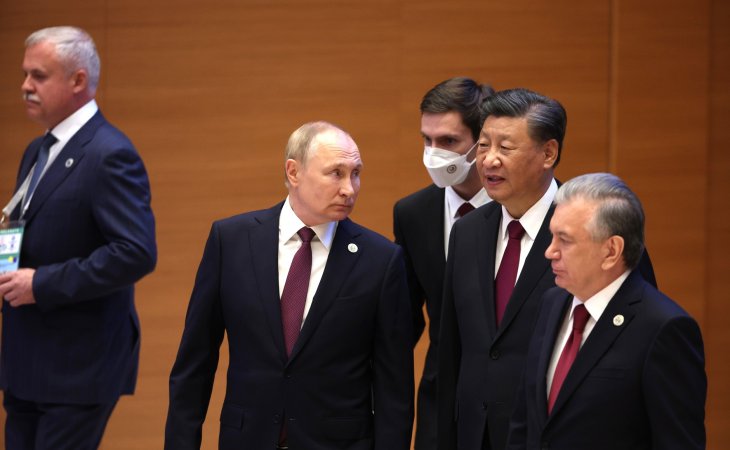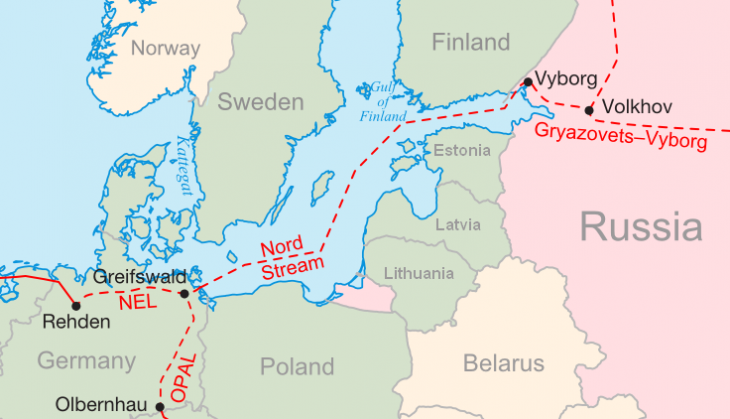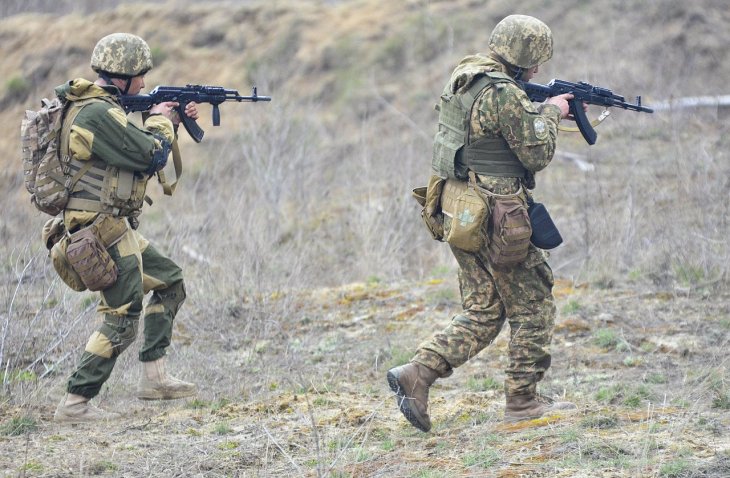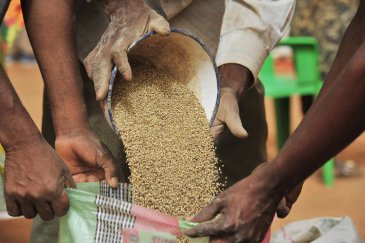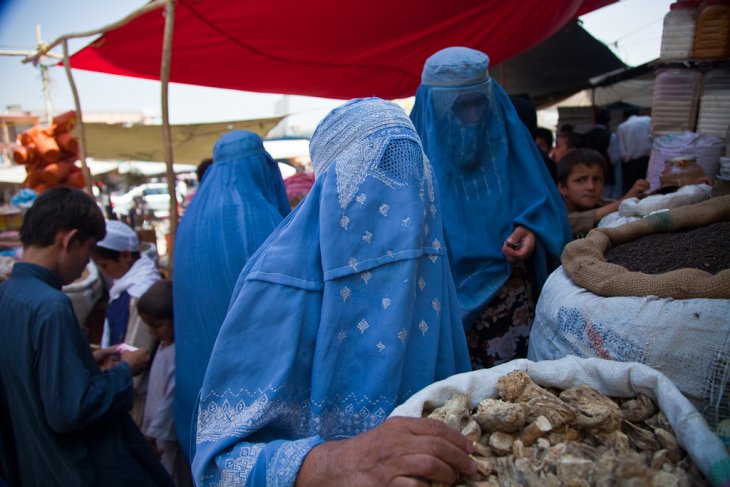As the war in Ukraine continues in Europe, a new Cold War dynamic of the East and West tensions and strategic geopolitical alignment between powerful nations have heightened. As global proxy wars intensify, so does the competition over control of Africa’s vast natural resources and strategic trade routes, which is likely to shape Africa’s future geopolitical dynamics.
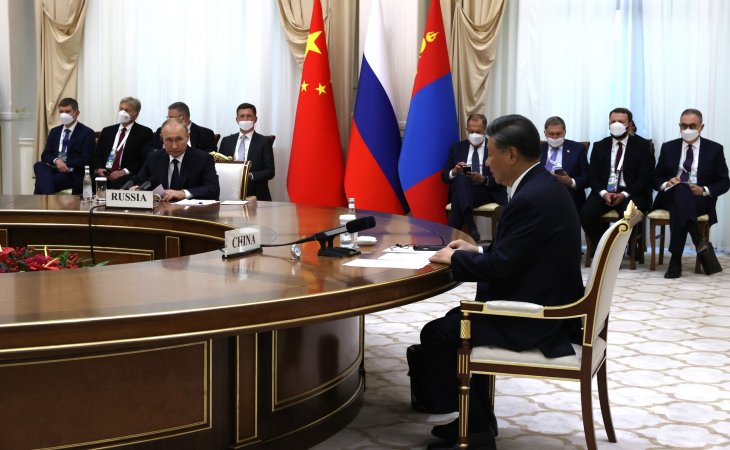
Russia’s President Vladimir Putin and China’s Xi Jinping’s long-term goals are to secure and restore their countries as great powers in the 21st century. Here they meet in Samarkand this week. Photo: TASS / kremlin.ru
Africa, the Land of Opportunity
In recent months, it has become clearer that Russia’s President Vladimir Putin and China’s Xi Jinping’s long-term goals are to secure and restore their countries as great powers in the 21st century. To attain this objective, they aim to implement hybrid strategic alliances in order to maximize their influence, increase their diplomacy, geopolitical, and economic gains globally.
Not surprisingly, Africa has again become a key instrument and playground in this game. A game, in which a transition within the international order from a unipolar system dominated by the USA, to a multipolar or Triangulation structure where both Russia and China are playing strategic roles, is taking place. A key question, therefore, is: how are these two emerging superpowers conquering the African continent to the detriment of Western powers?Read More
